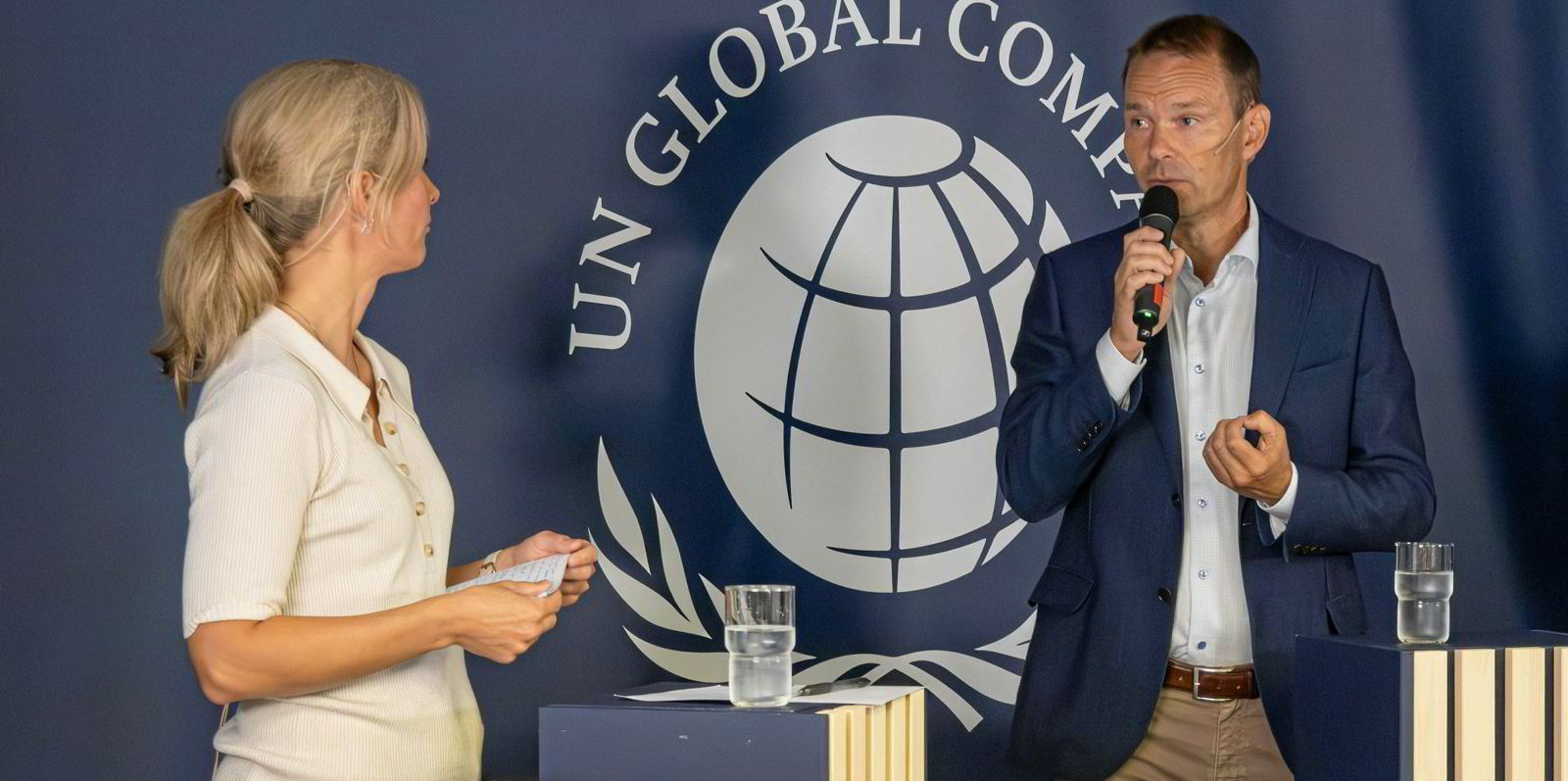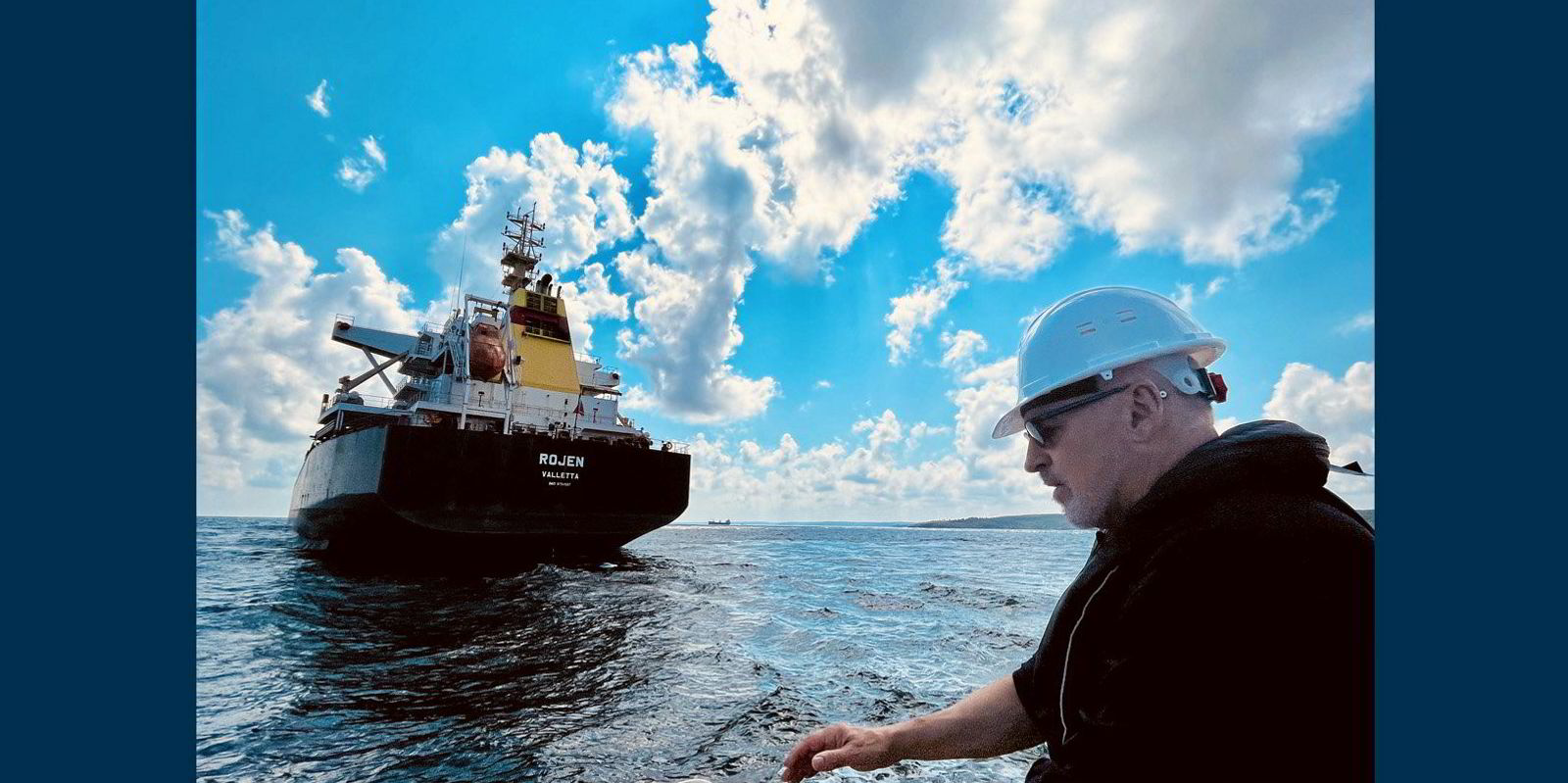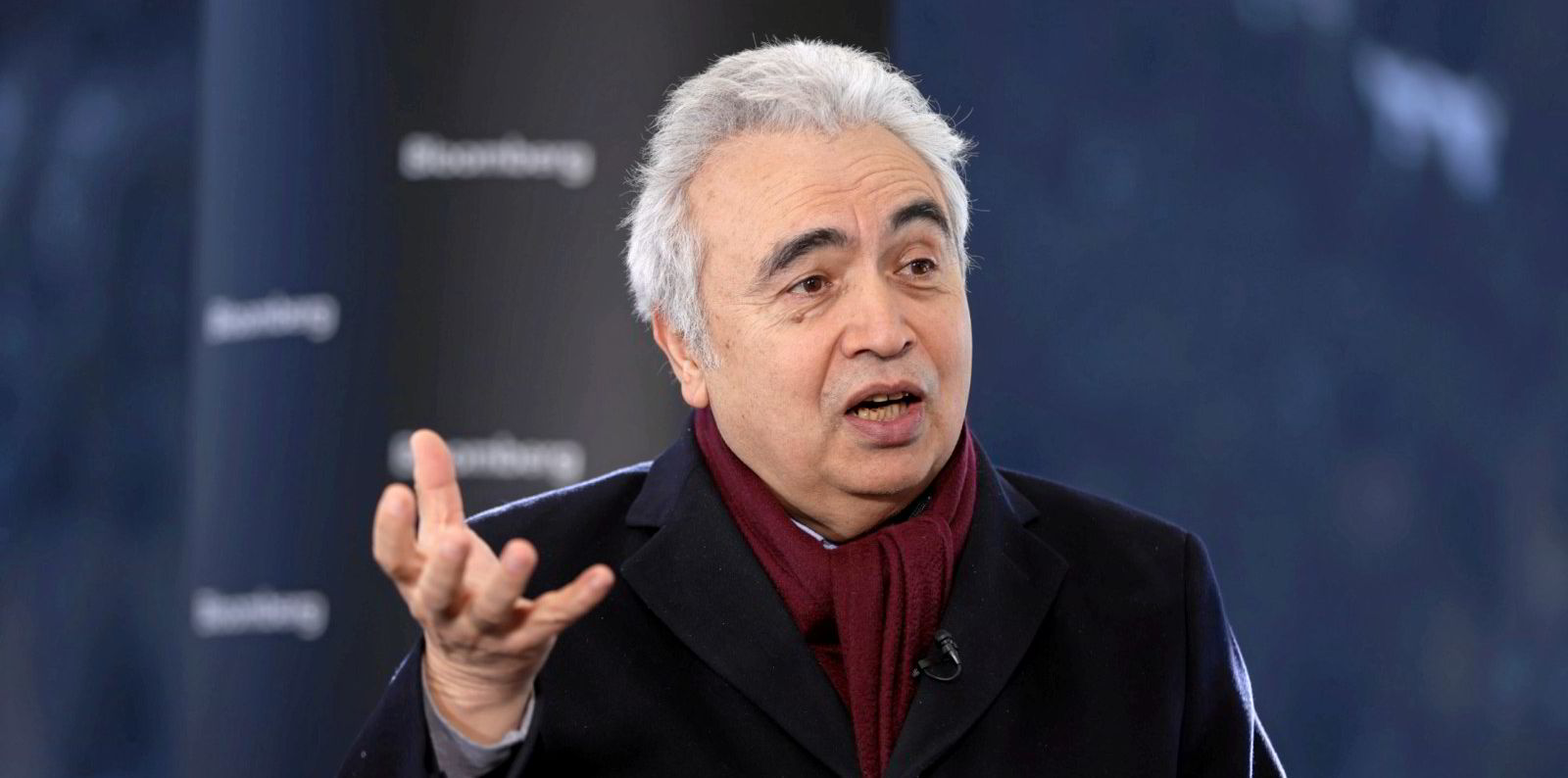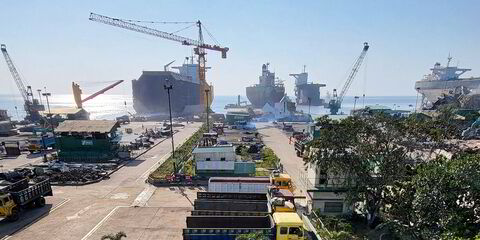The International Maritime Organization needs to act to limit the so-called “shadow fleet” but rooting it out is likely a pipe dream, according to a Norwegian Maritime Authority official.
Head of operational supervision at the authority Alf Tore Sorheim said the ageing tanker fleet used to carry sanctioned Russian oil rarely comes into port, rendering port state controls useless and forcing a more collaborative approach to fight the high-risk fleet.
“Old tank ships are in our systems a high-risk ship. When you, in addition, get unclear ownership, unclear on insurance, frequent flag changes, that’s just risk on risk,” he said on Monday.
“We will never be able to make sure it disappears, but I think it’s possible to reduce it.”
Sorheim spoke with TradeWinds following a Gard-sponsored panel on sanctions at Arendalsuka, an annual Norwegian politics and policy event held in Arendal on the country’s south coast.
The standing-room-only event featured Sorheim, Gard chief executive Rolf Thore Roppestad and representatives from the World Wildlife Fund and the Norwegian coastguard.
Roppestad said interest in shadow fleets extended beyond the shipping industry.
“I think it’s a big societal issue, certainly the dark fleet but how the sanctions are working in general,” he said.
He added that shipping had not yet found the best way to combat sanctions-busting by Russia, which followed the US and the European Union working to limit Moscow’s ability to profit from oil sales in order to prevent it from continuing its war in Ukraine.
The G7 moved to block Russian sales below $60 per barrel for crude and either $45 per barrel or $100 per barrel for refined products depending on the product.
Under those, caps and traders can access shipping and shipping services based in those countries. Above it and they have to resort to the older “dark fleet”, non-traditional insurers and under-the-radar flag states.
Roppestad said the way the ships are operated makes action difficult, as some vessels are doing as many as five ship-to-ship transfers before discharging their cargoes.
“Basically all governments are doing their very best to cope with what’s been decided,” he said.
“The problem really is what has been decided. As we have seen today, the sanctions are not working according to the intentions.
“We have very, very good dialogue with the Norwegian government on sanctions issues and we have since the beginning of the war. The communication with the government from our perspective has been excellent.
“Still, it’s a little bit of a challenge. Norway is a small country in the whole context.”





